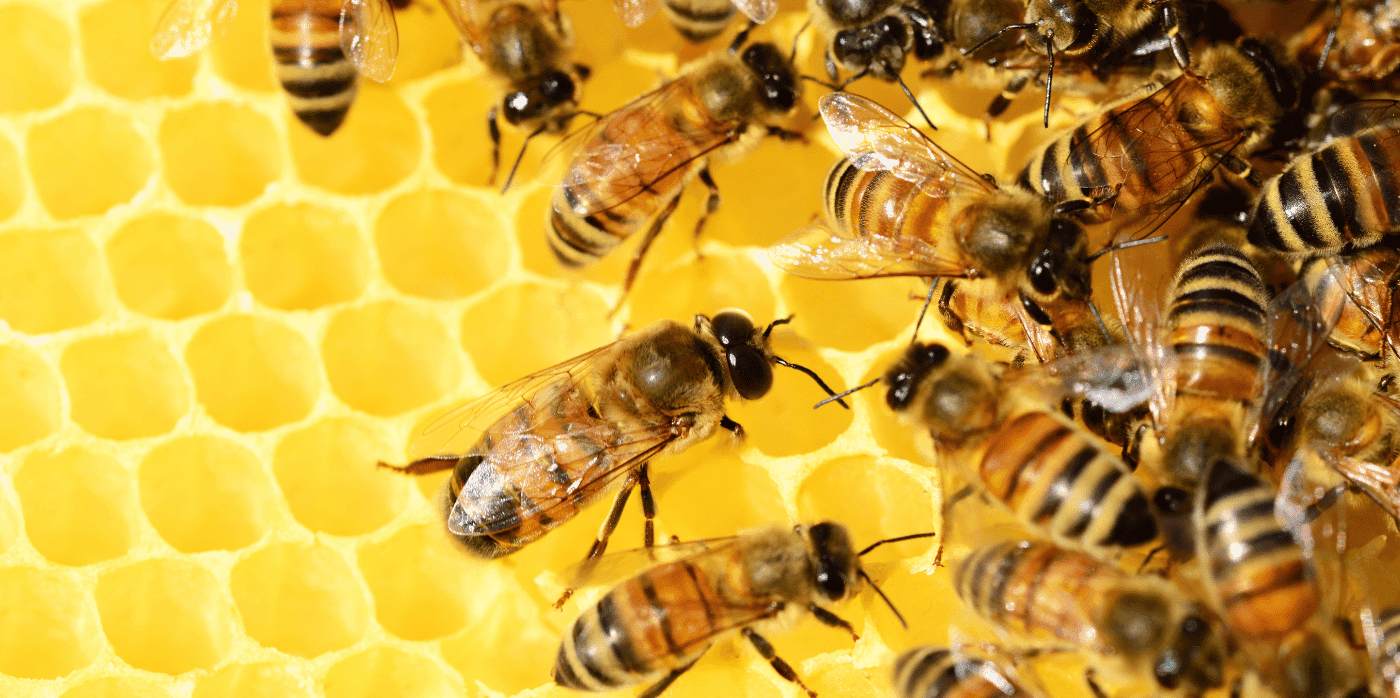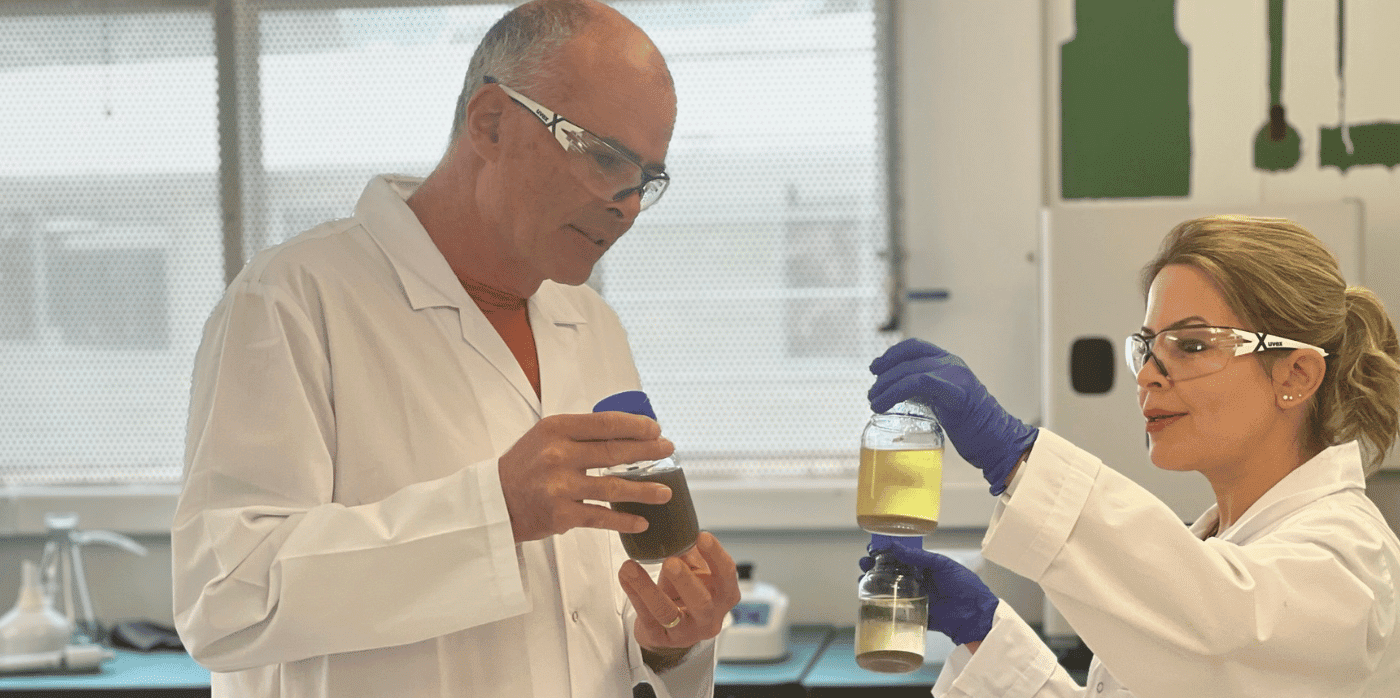Boosting bee health with natural supplements

Spotted: Bees pollinate 70 of the 100 main human food crops, making them essential to the global food supply chain. Yet two human actions, the application of pesticides and the destruction of insect habitats, have put the world’s bee population in a precarious state.
Bees are struggling against a variety of factors, including new and more rigorous bacteria and viruses, and the global spread of intensive farming practices – all of which combine to affect their overall population health. Now, French company Oligofeed has created a dietary supplement to help bees improve their health by increasing their resilience against environmental changes.
As habitats for pollinators have shrunk, insects must rely on fewer varieties of plants and less food overall. This leads to an internal deficiency in certain microelements. Those elements help strengthen bees’ immune systems, making them more able to withstand environmental pathogens.
Oligofeed’s patented bee food is all-natural, non-toxic and leaves no traces in honey. The antioxidant properties of the microelements in the feed help strengthen bees’ natural immunity, thereby helping them fight off a variety of diseases and mites. Although, the Oligofeed team emphasises that the supplement is meant to be used as part of a beekeeper’s health regime for hives, not as a replacement for anti-mite treatment.
Designed as a preventive treatment given three times a year during the seasons when bees are not pollinating, the food is mixed in with a sugar supplement. The supplement is given in syrup form during spring and autumn and as a patty during the winter. When tested on different subspecies of bees across four countries, the food revealed no side effects and no toxicity and by improving the general strength of a beehive’s health, also improved overall honey production.
Oligofeed’s product is not yet commercially available, although beekeepers interested in trialling the food can get in touch to take part in further field tests.
Springwise’s library includes a number of ways in which technology is helping bees complete their essential work of pollinating crops, from supporting them via electric vehicle pollination to supplements that encourage pollination of a more diverse set of crops.
Written By: Keely Khoury







